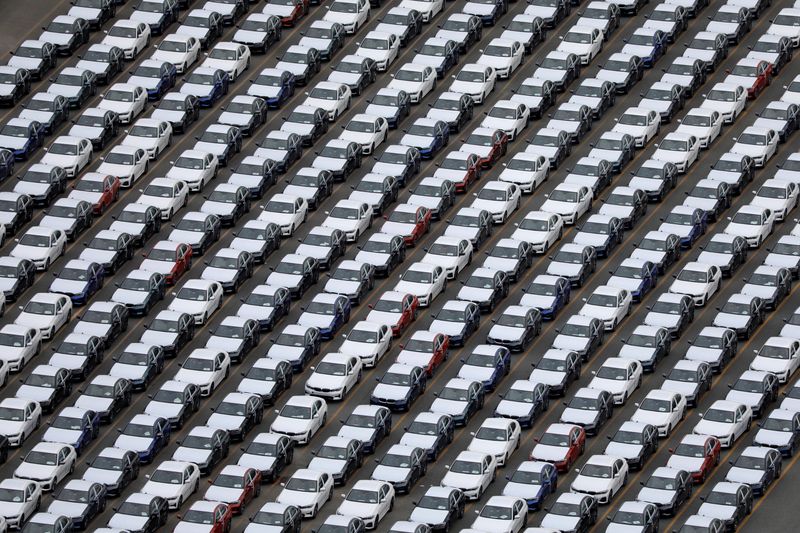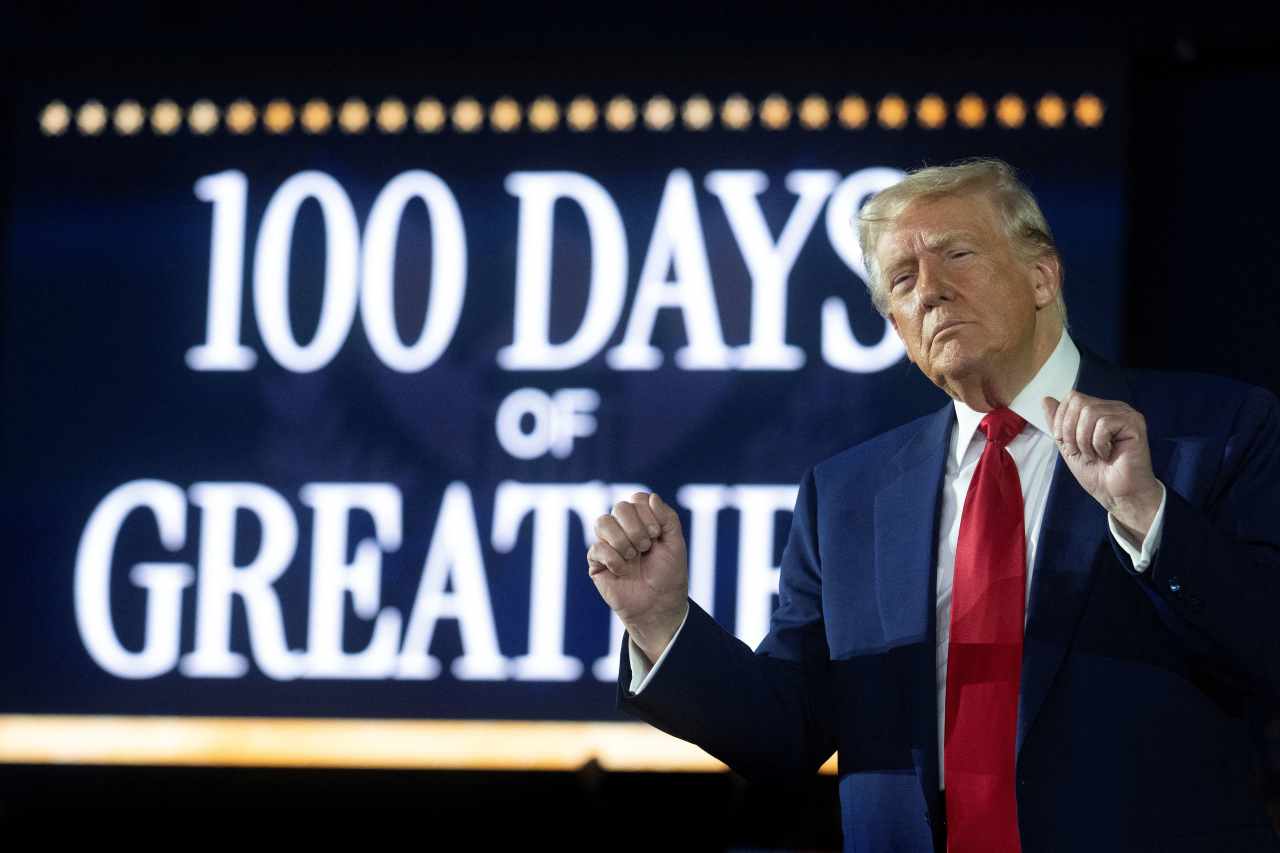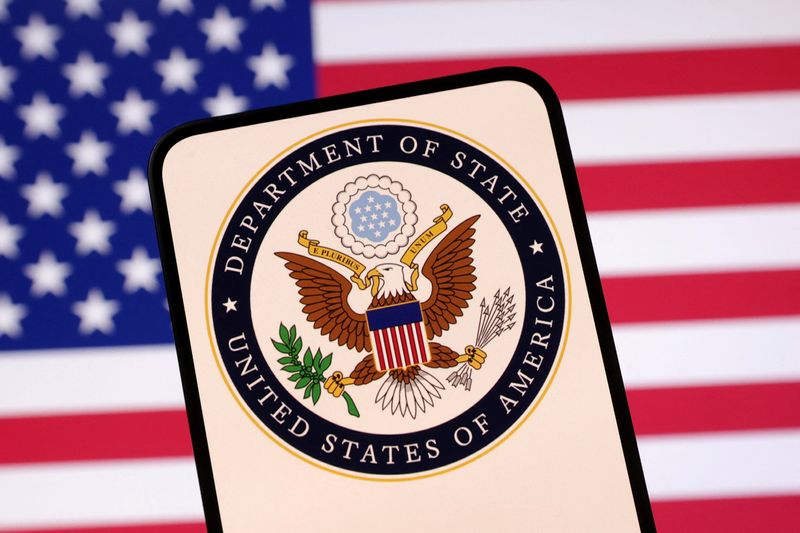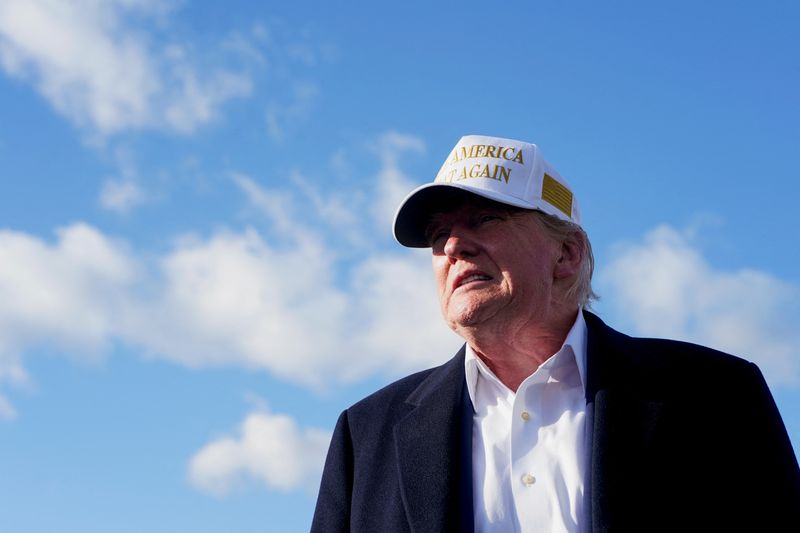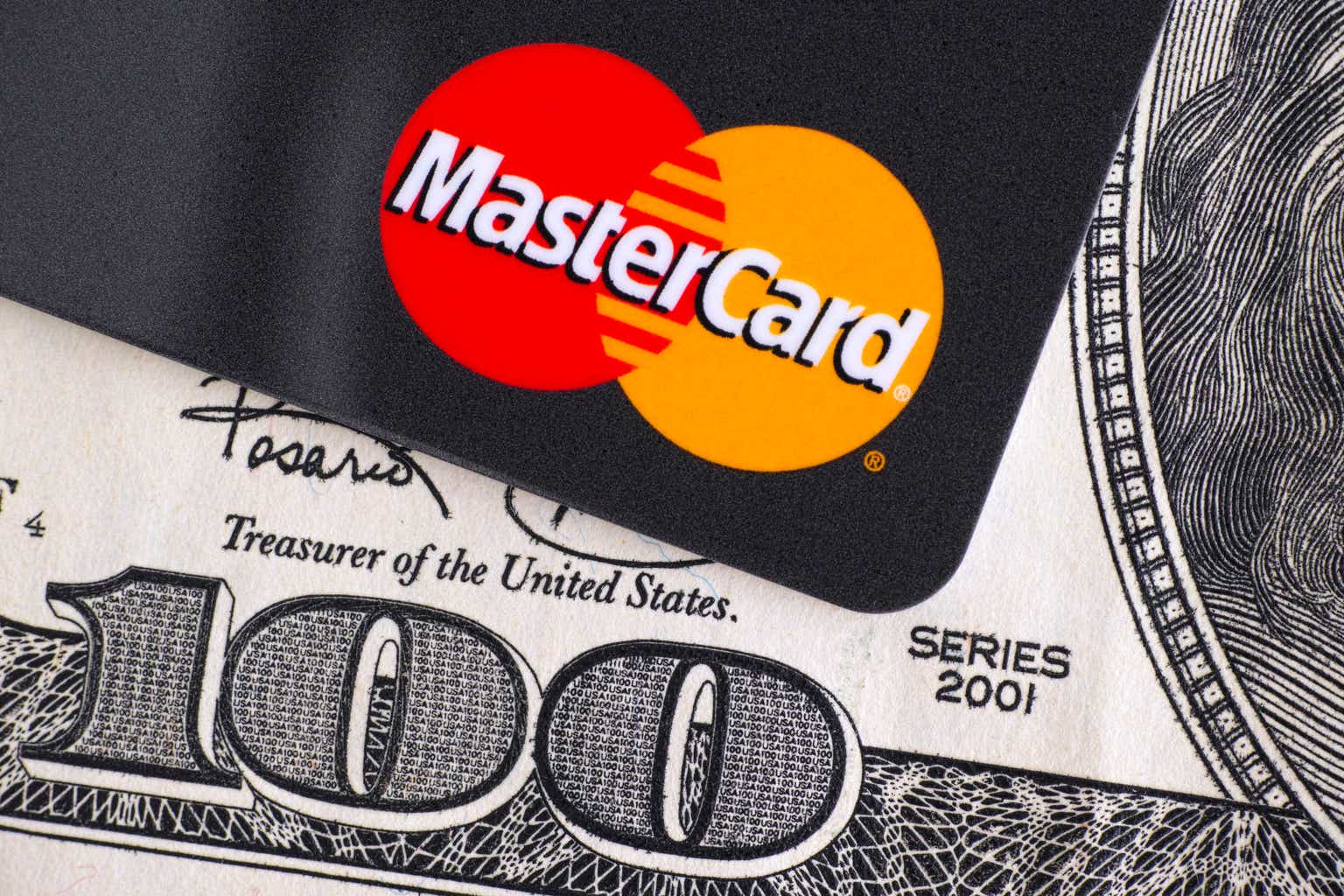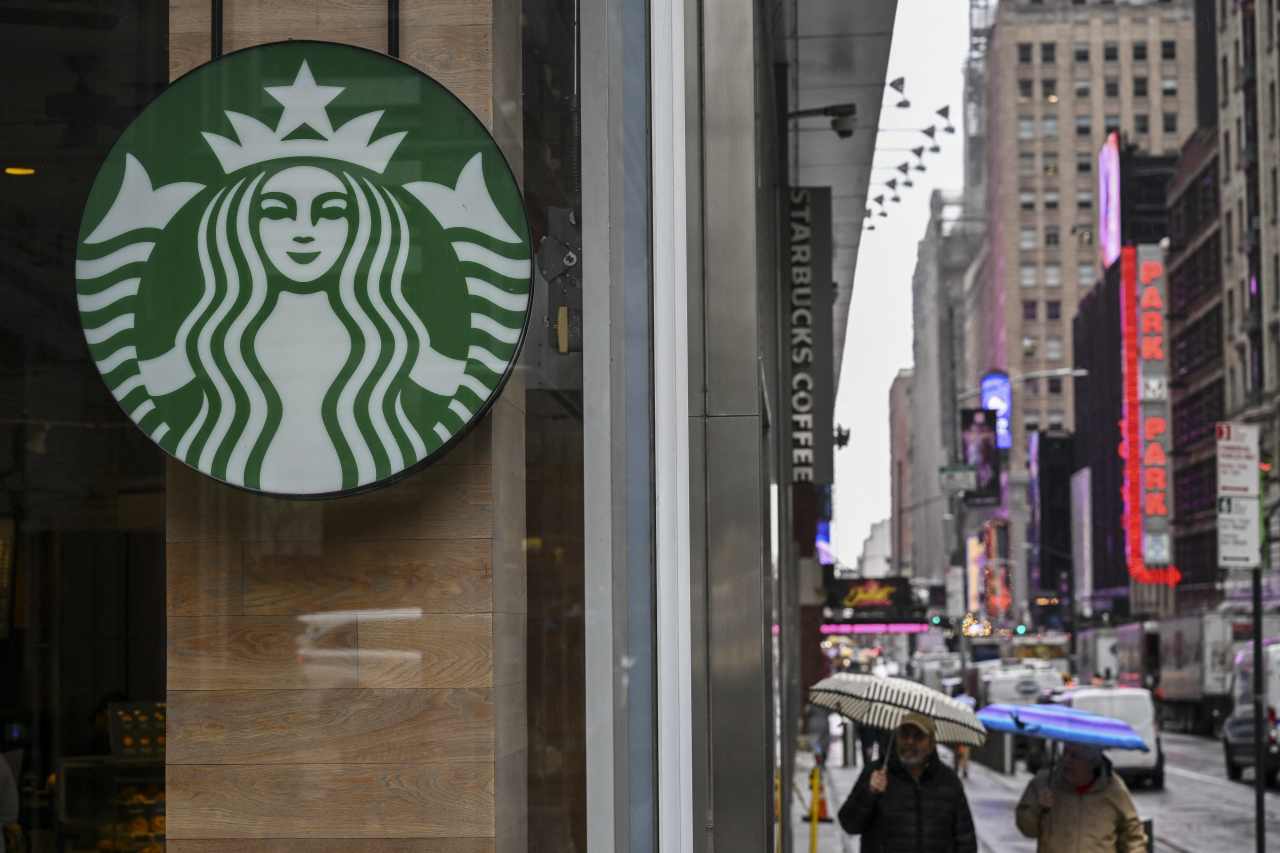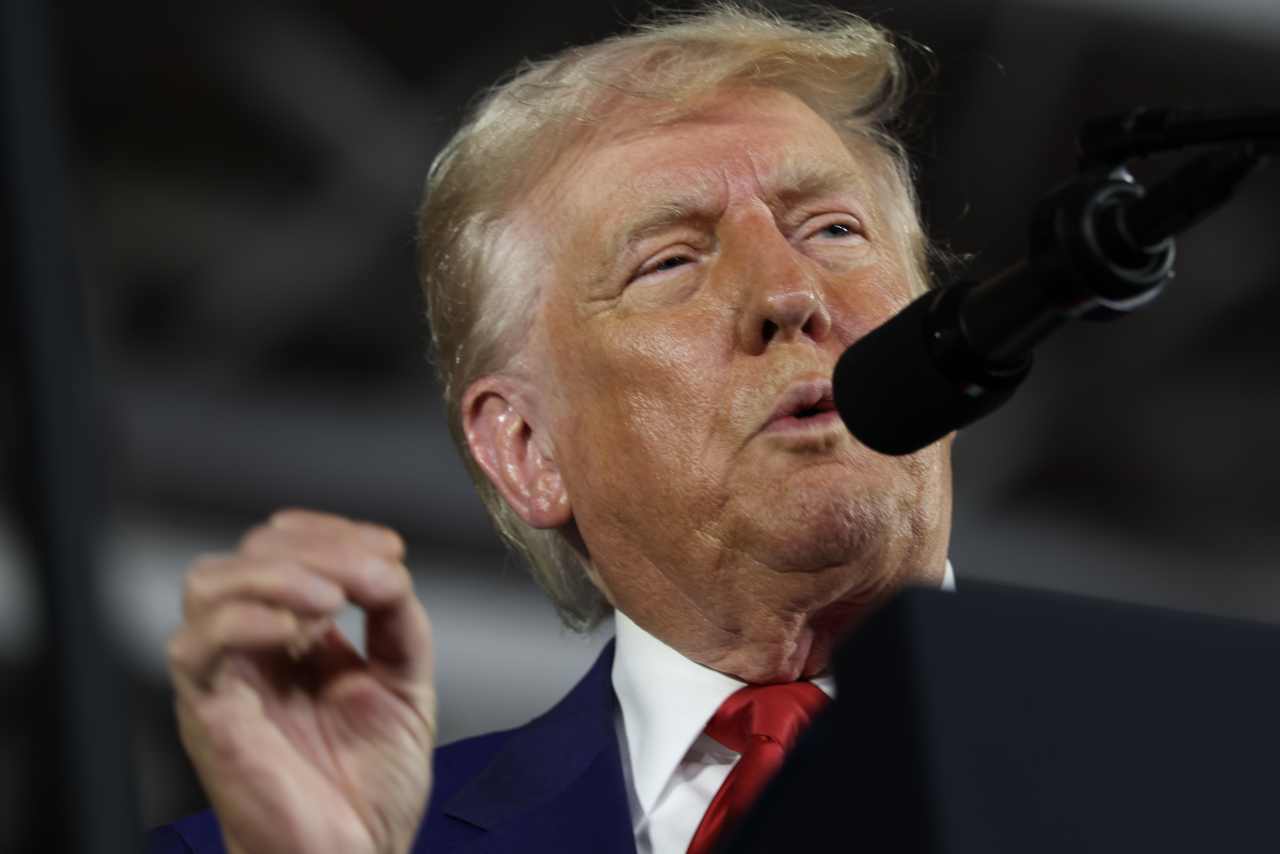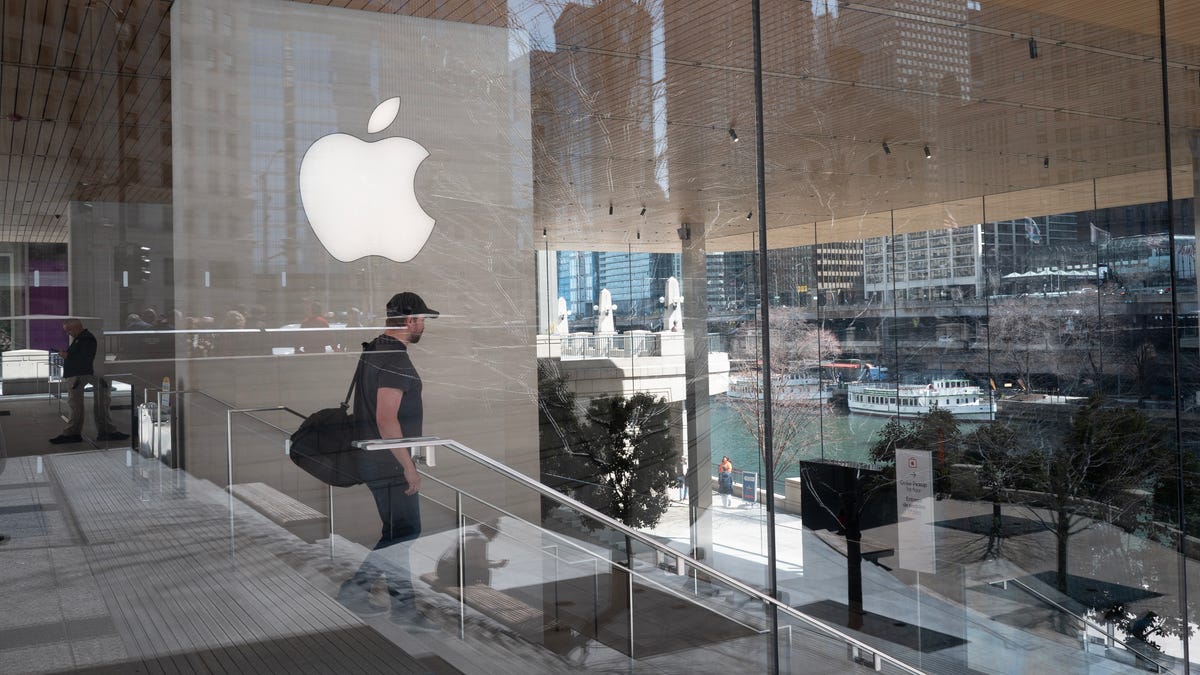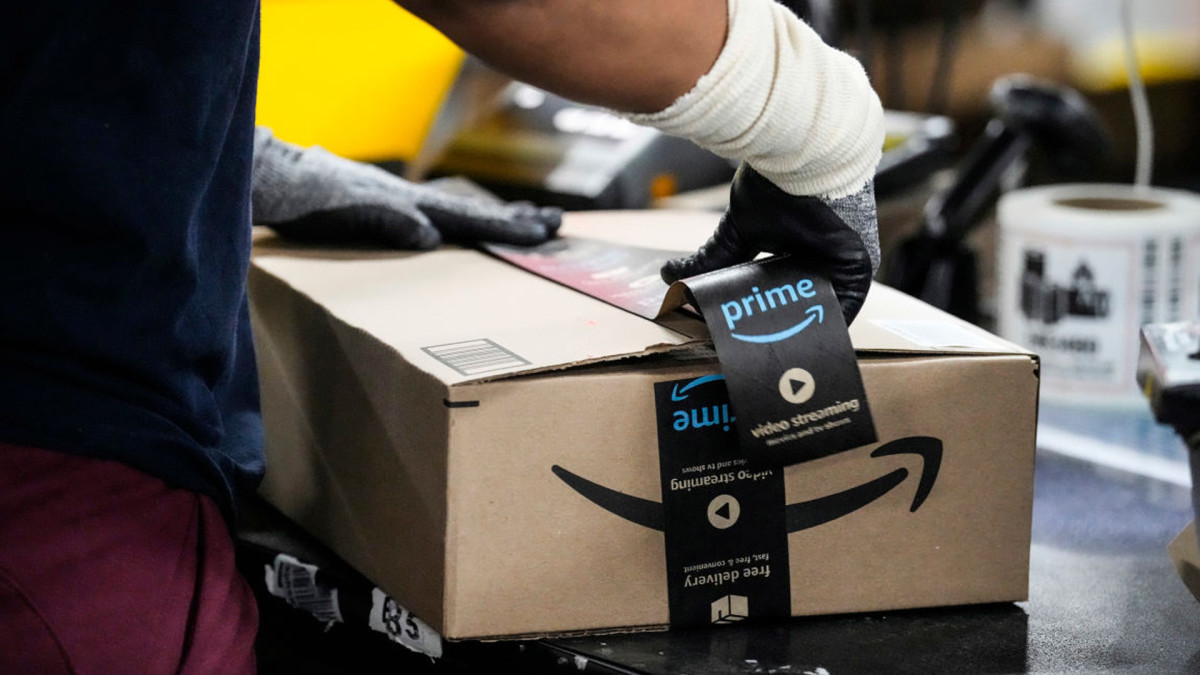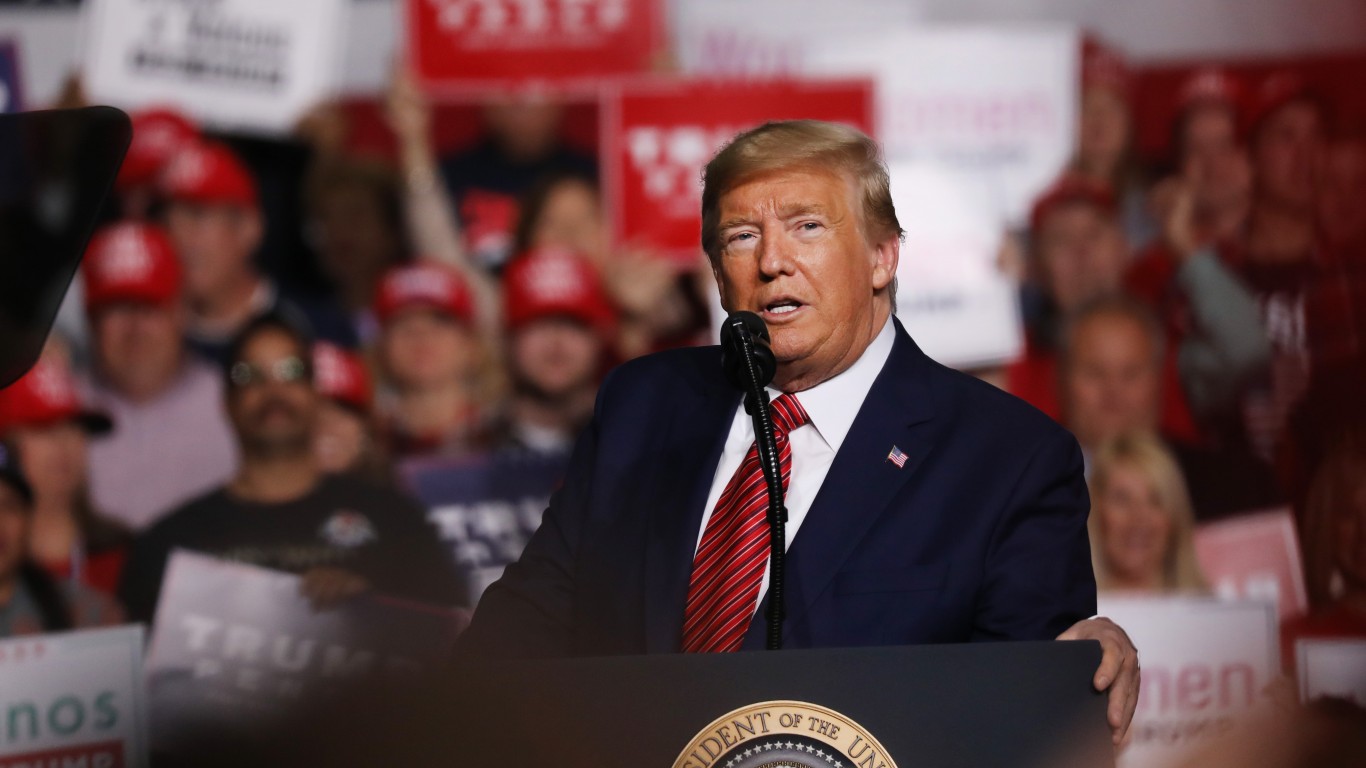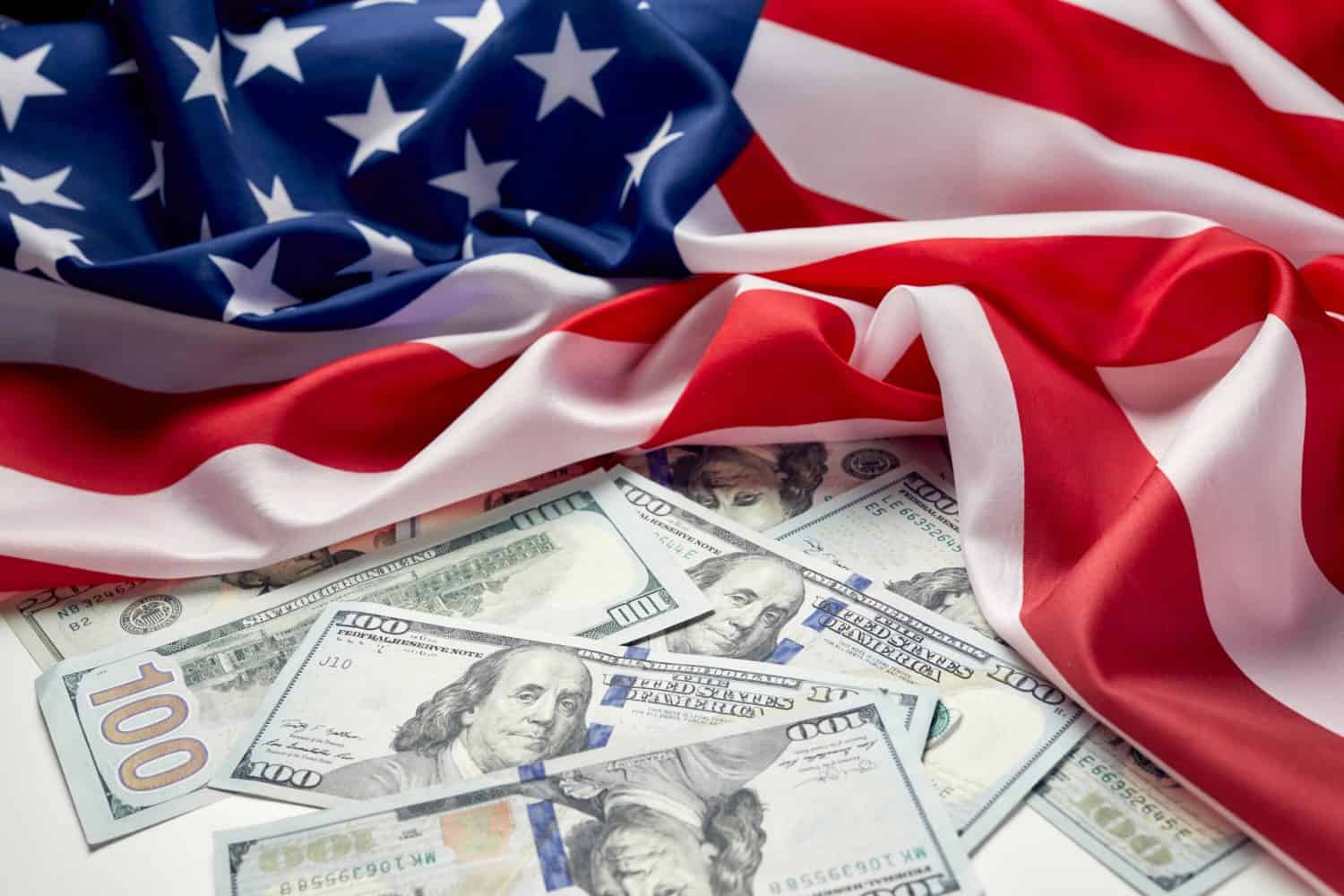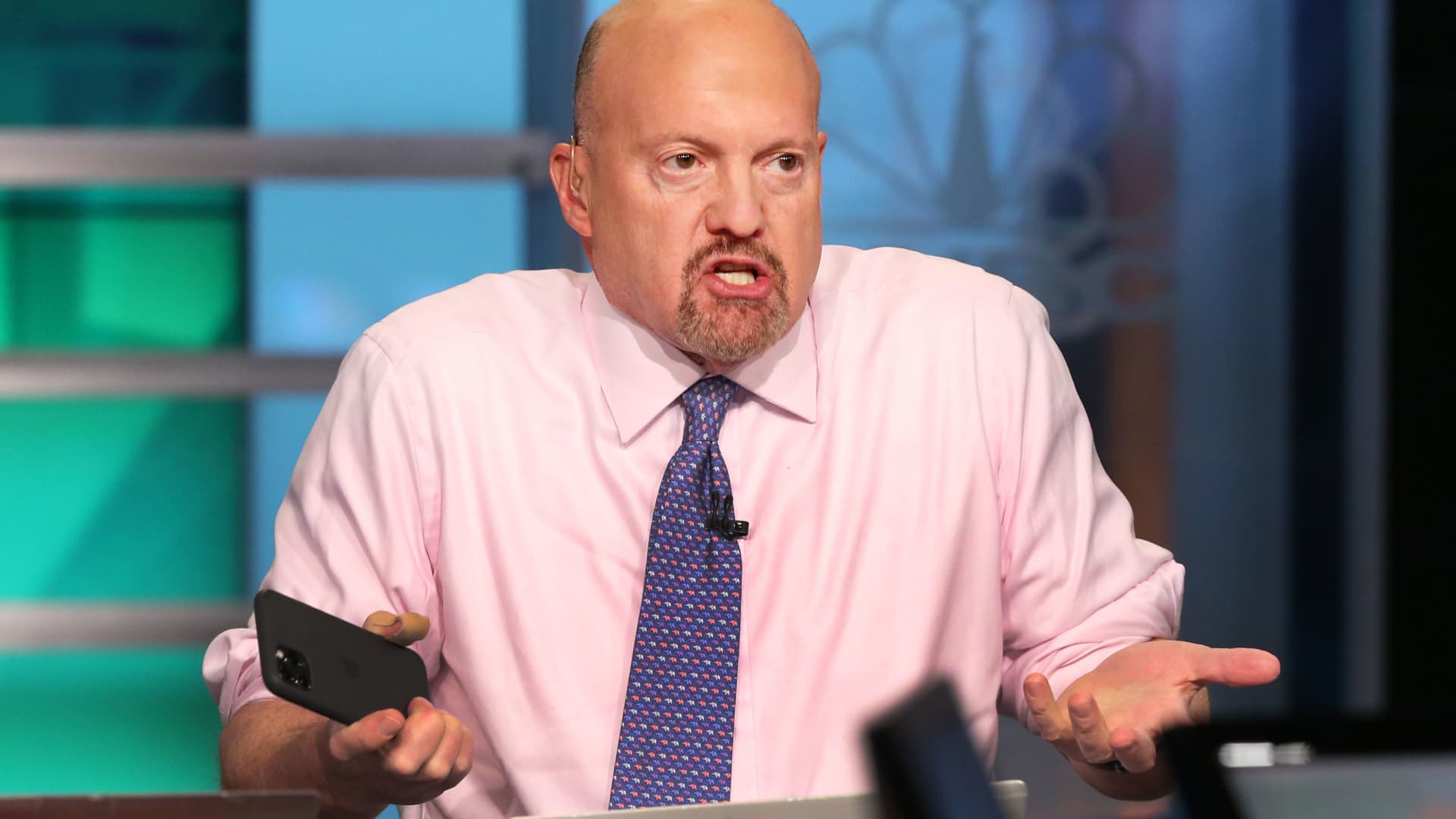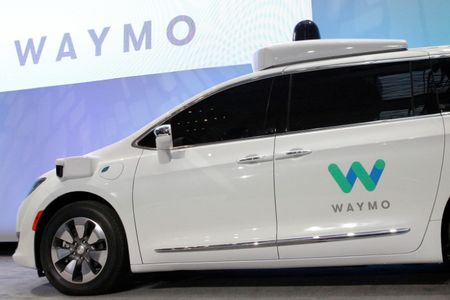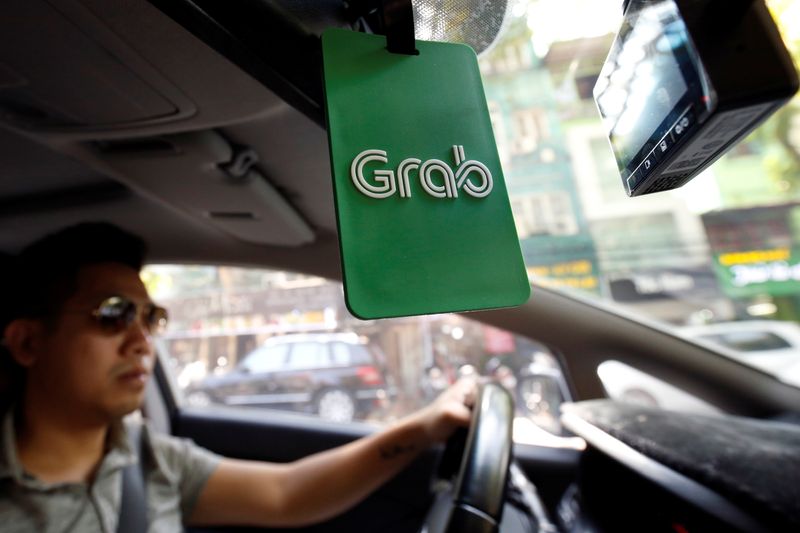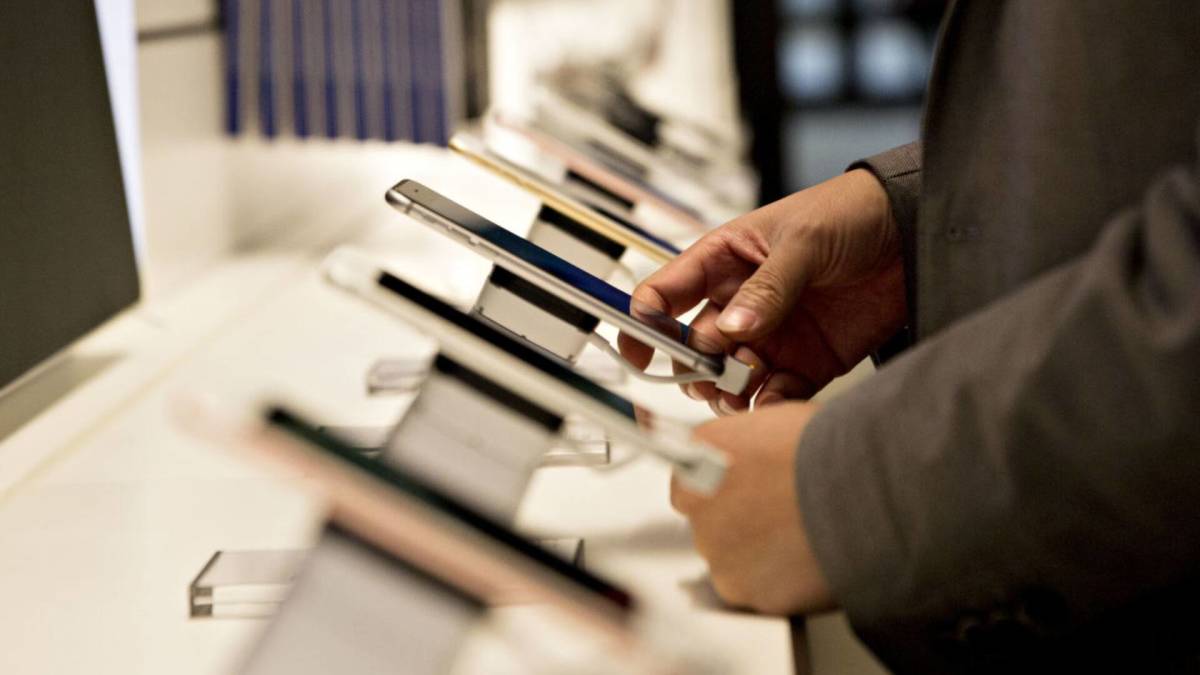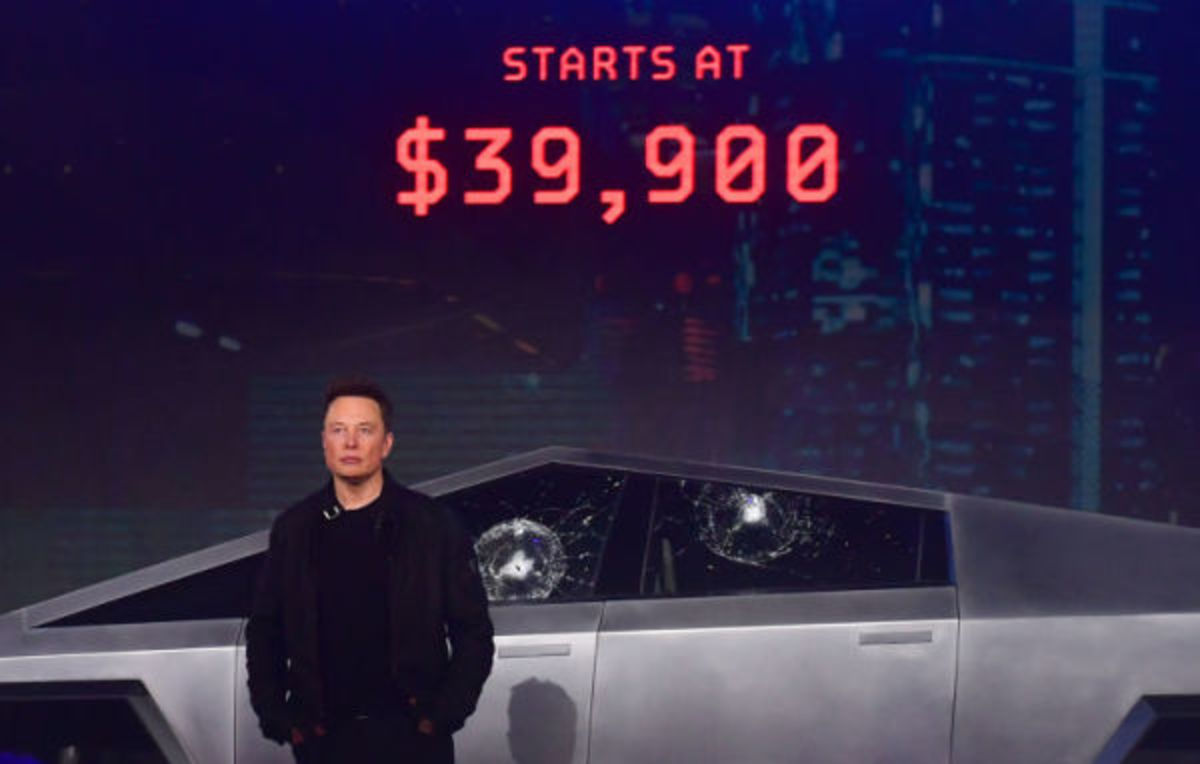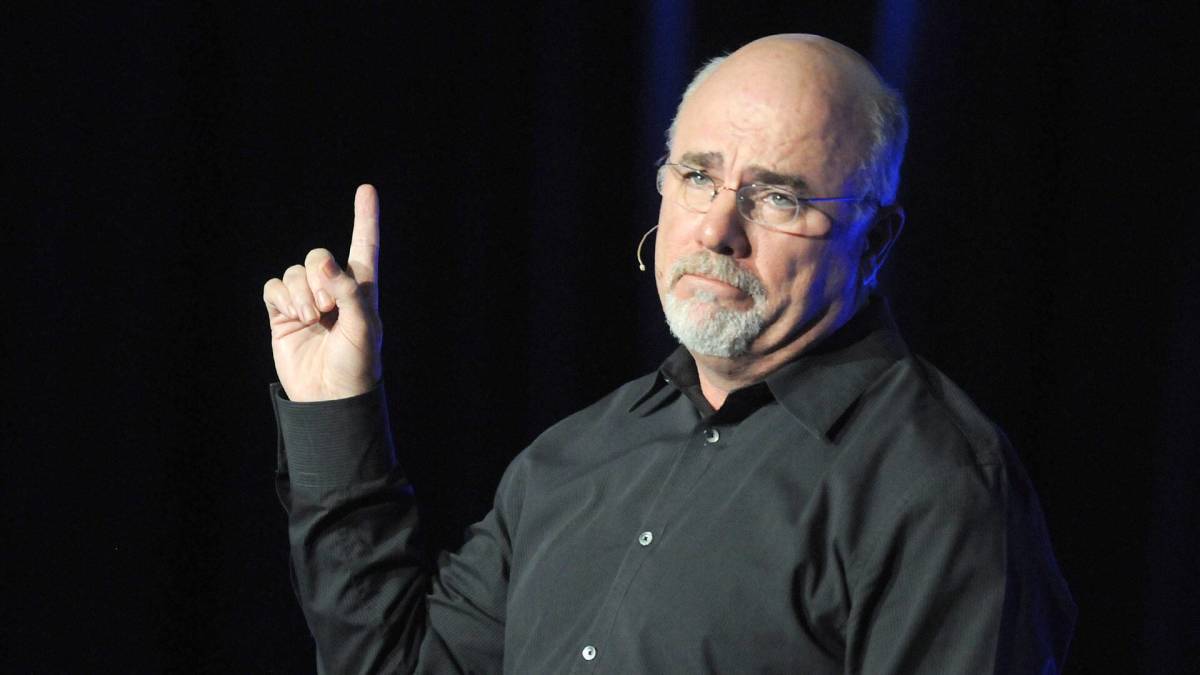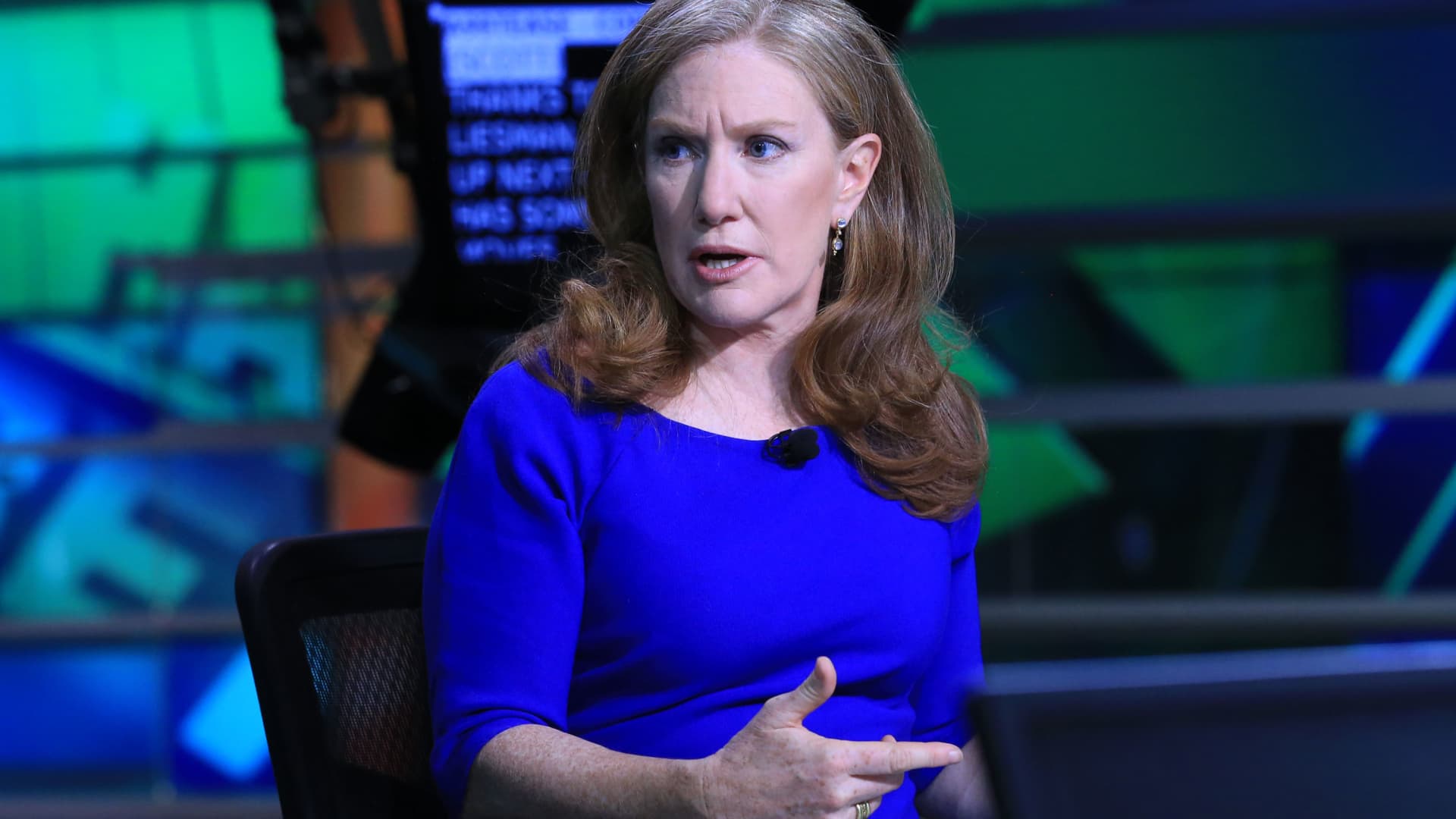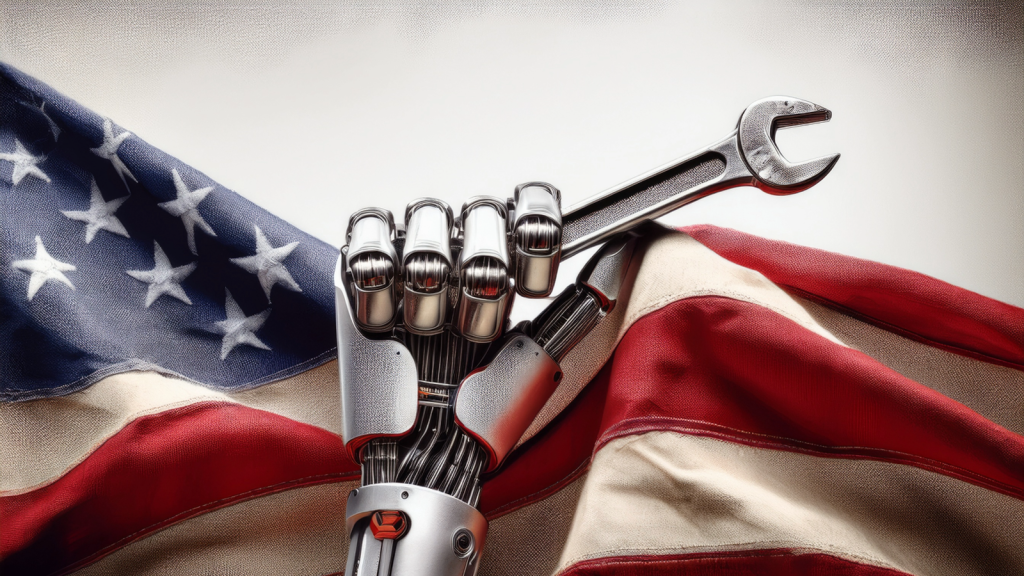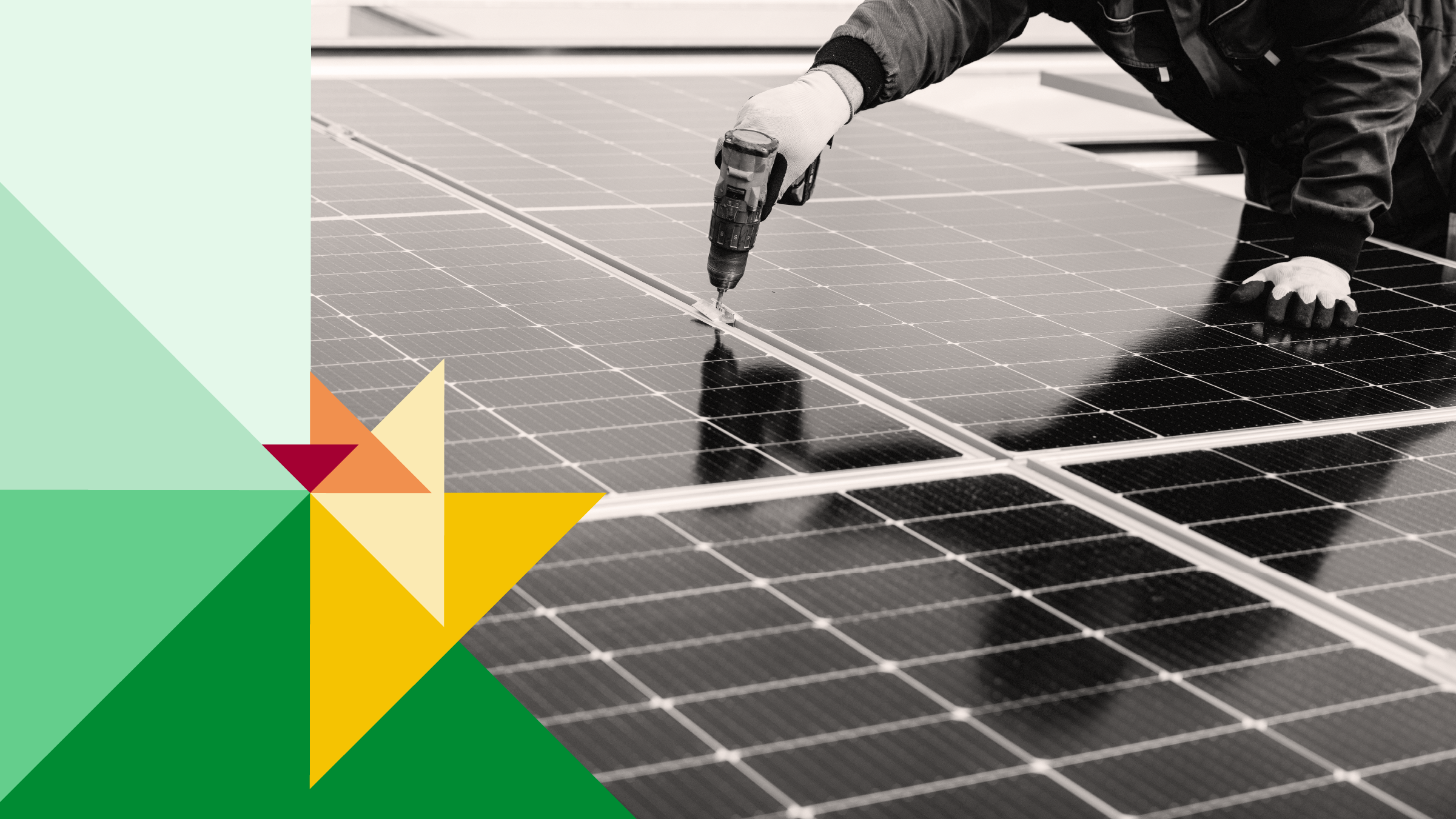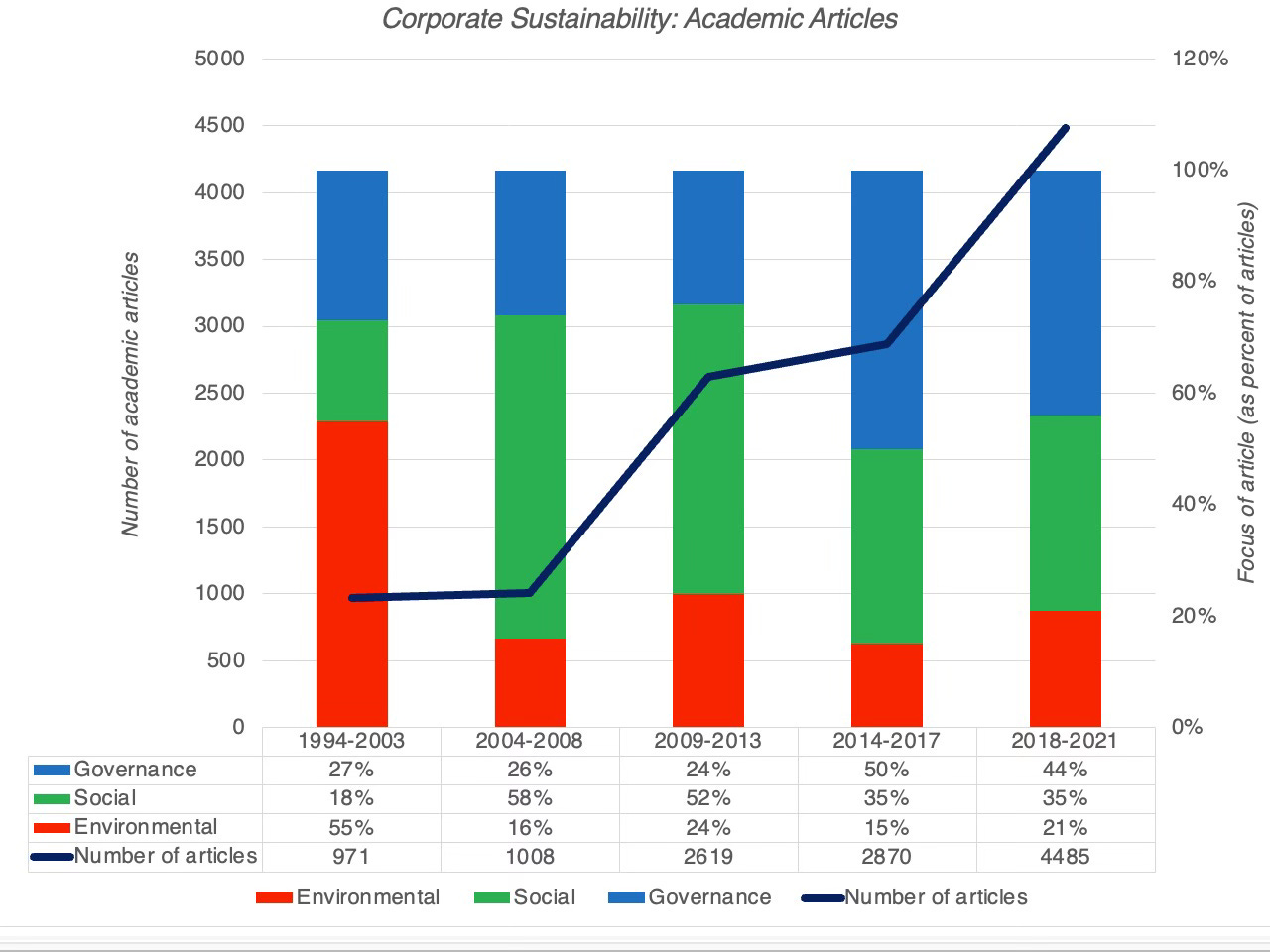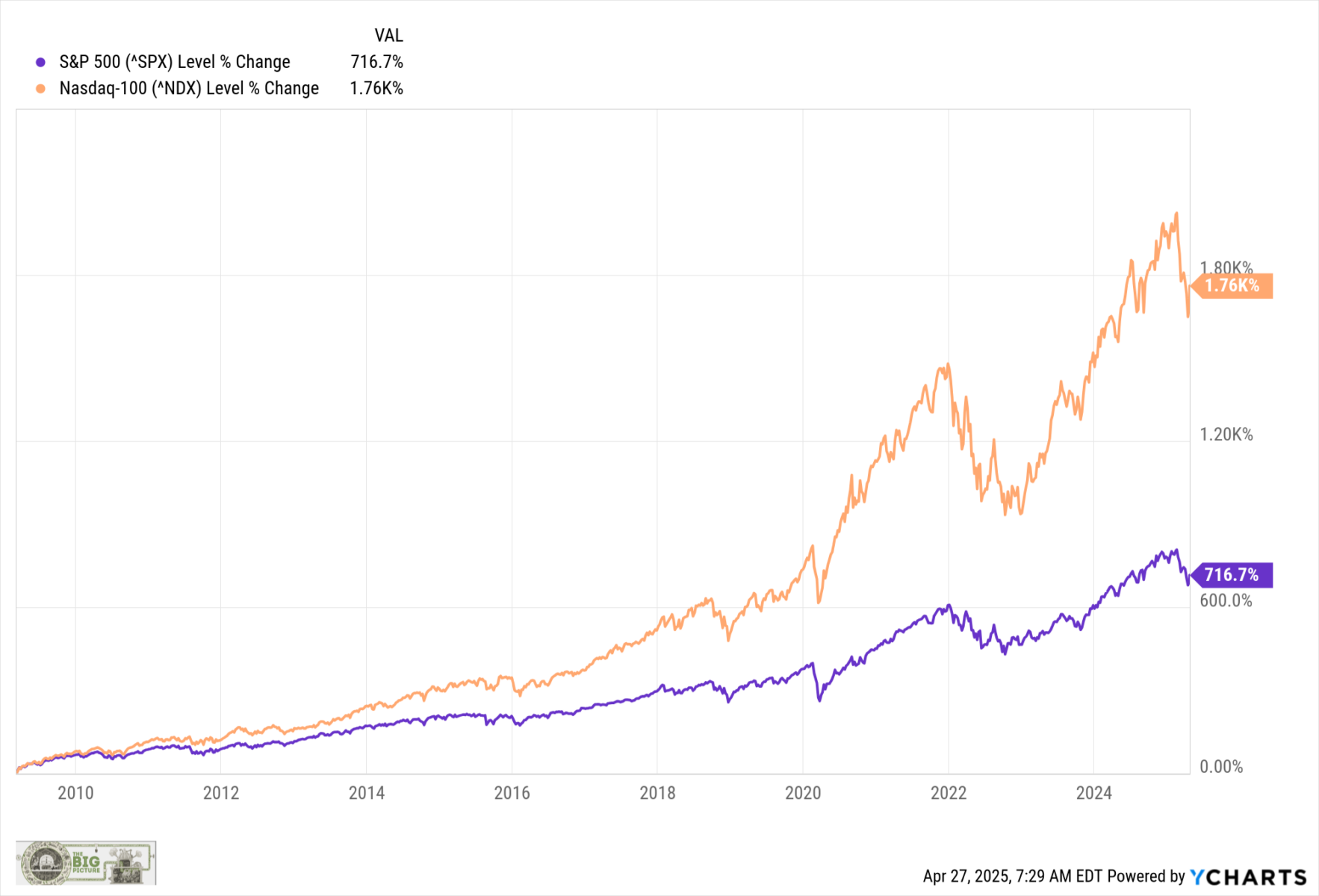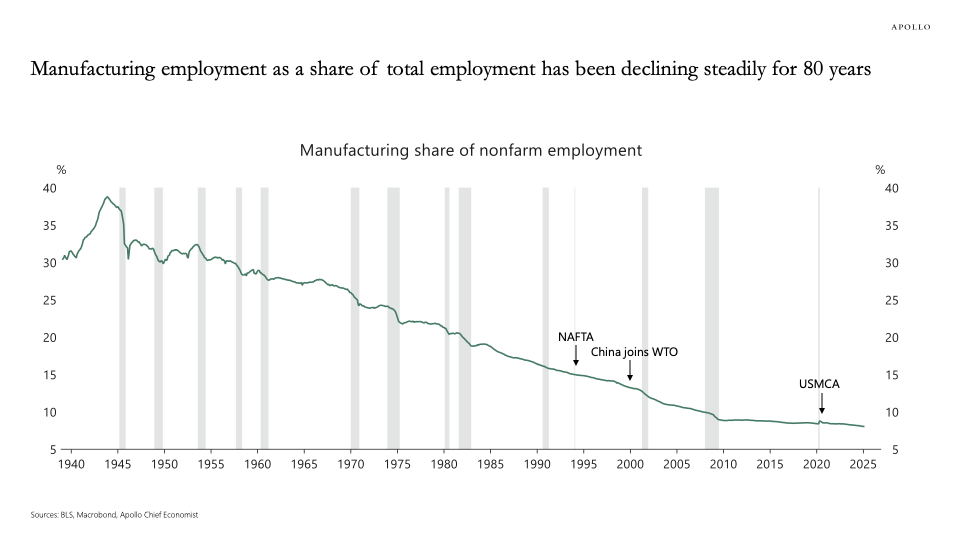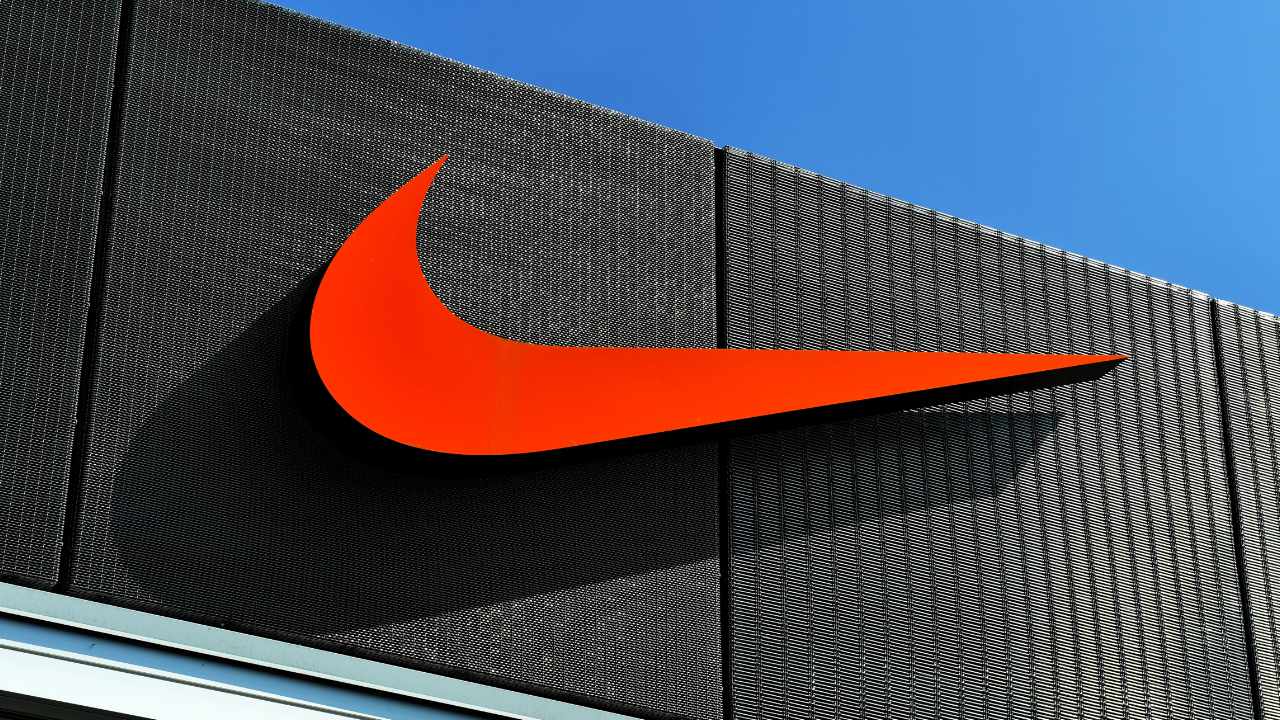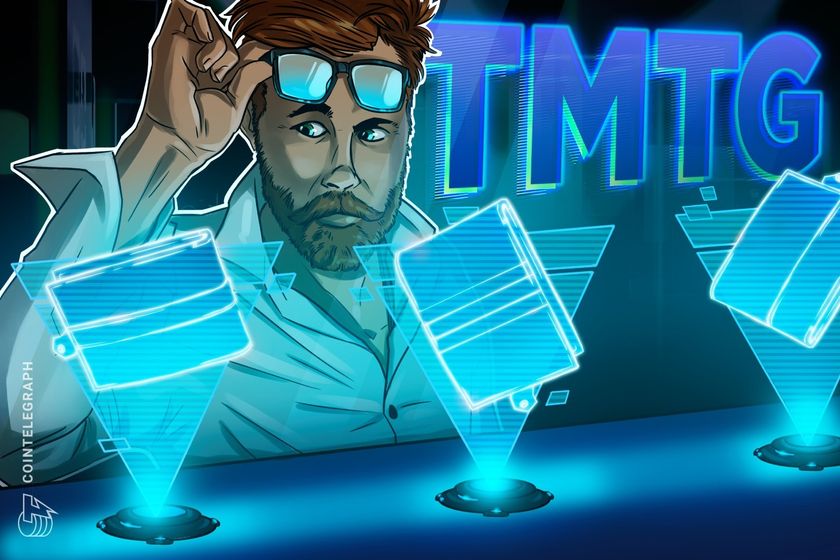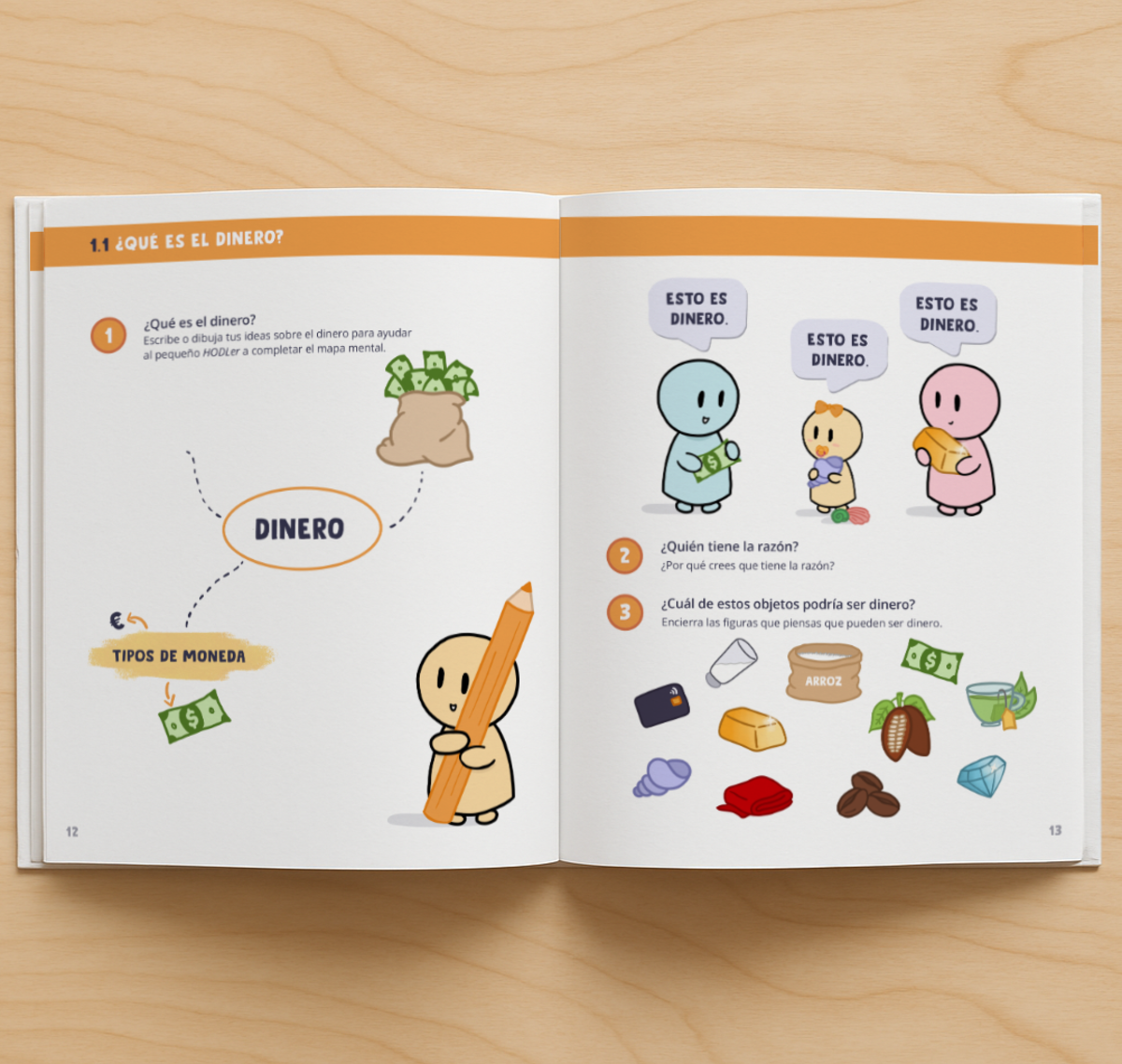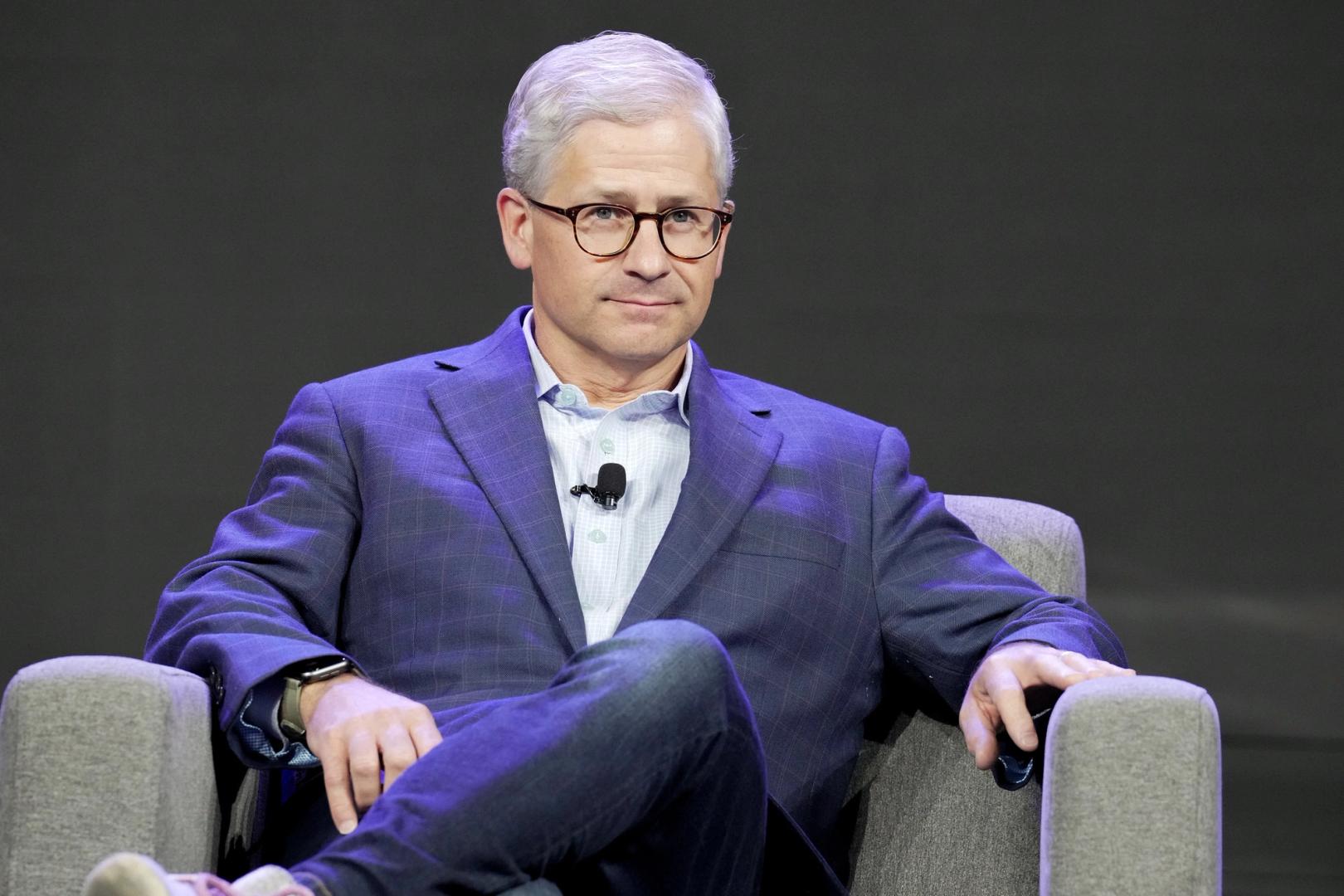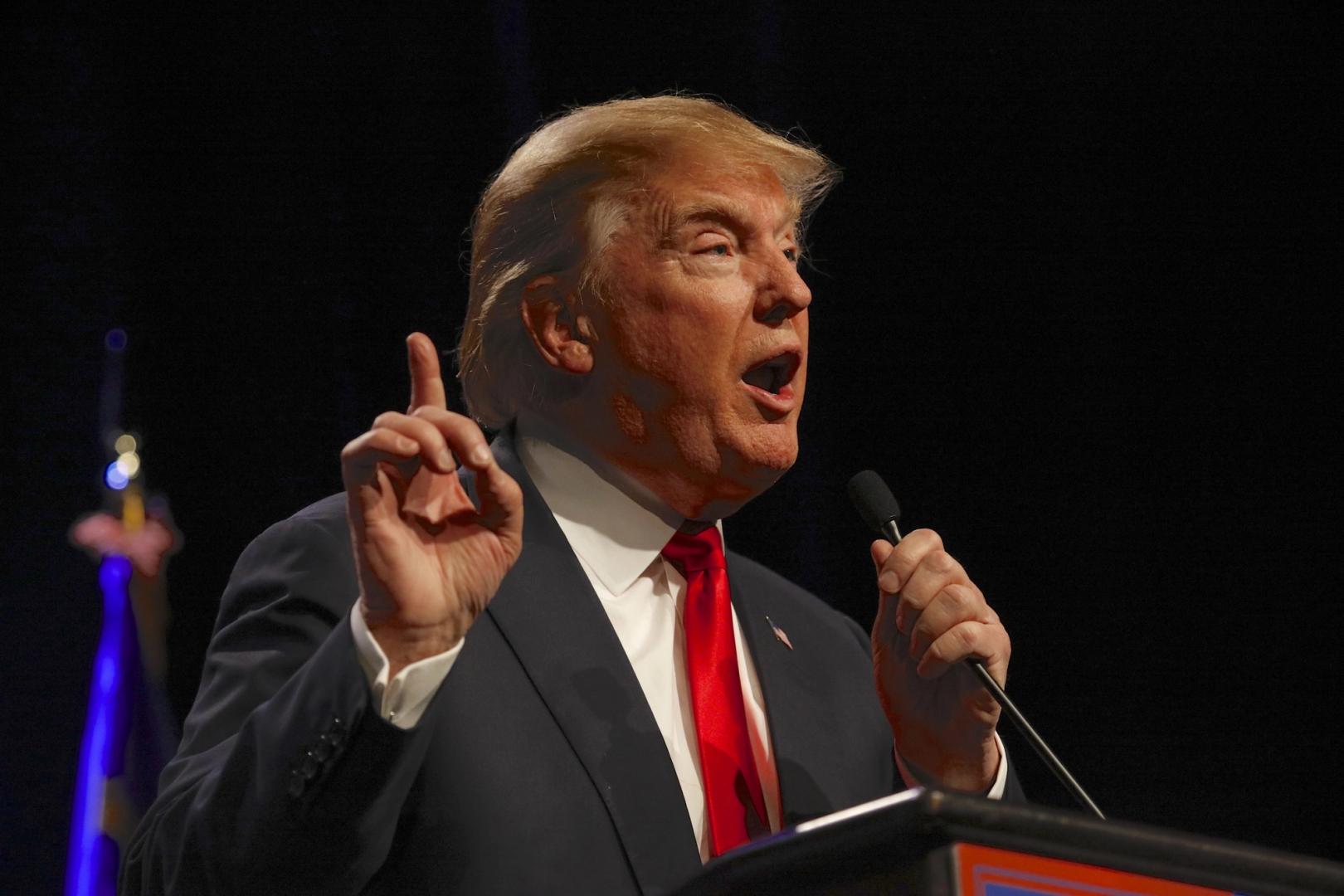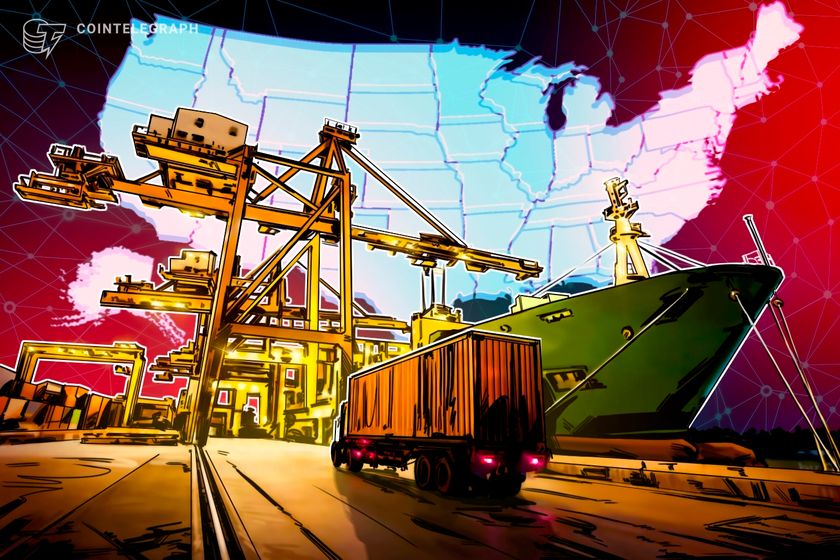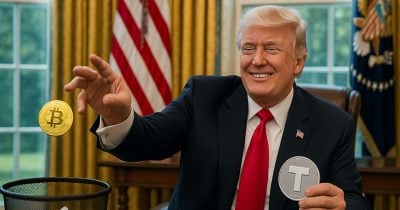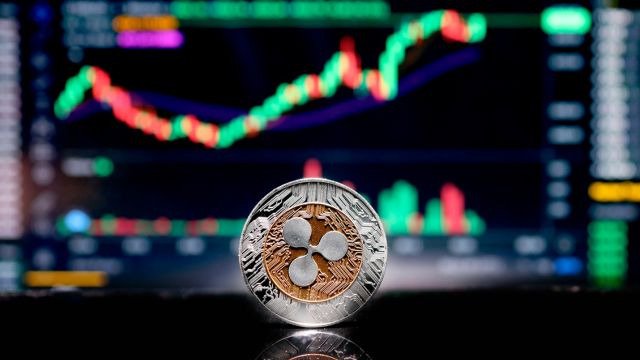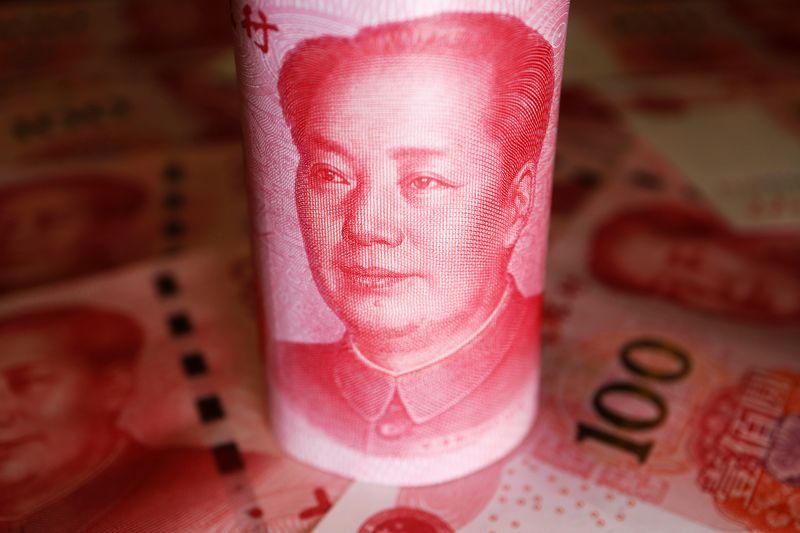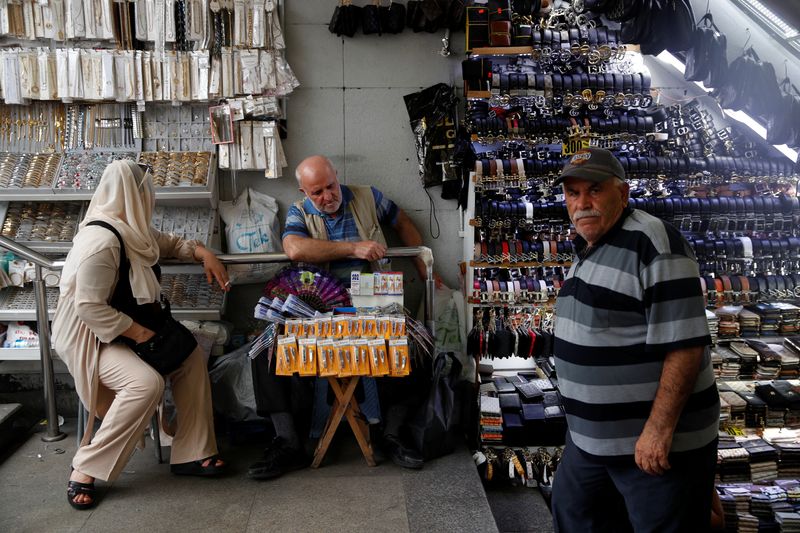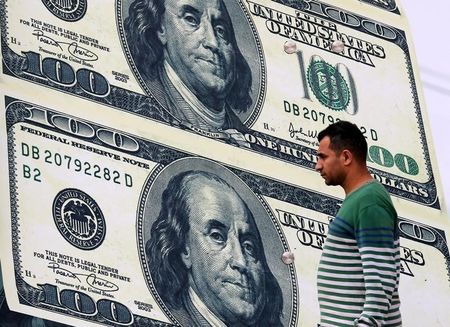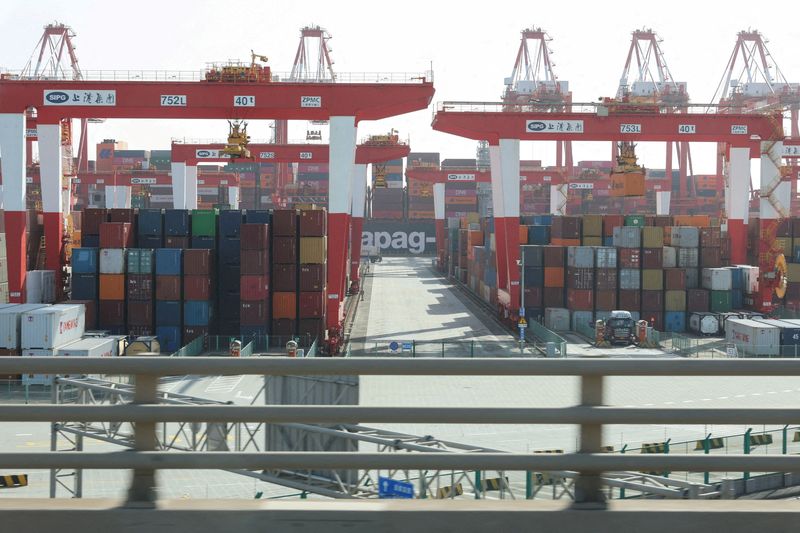For Toyota, It’s COVID 2.0
Watch the Video Transcript: [00:00:04] Doug McIntyre: So one of the things that I worry about with car companies is that with tariffs and a bunch of the other stuff that’s going on, some of these car companies are not gonna be able to get cars into the United States. [00:00:15] Doug McIntyre: Now, some […] The post For Toyota, It’s COVID 2.0 appeared first on 24/7 Wall St..
24/7 Wall St. Key Points:
-
Tariff-related disruptions are prompting automakers like Volkswagen, Audi, and potentially Toyota (NYSE: TM) to limit or halt U.S. exports, threatening dealership inventories and revenue.
-
Despite domestic manufacturing, Toyota and others remain vulnerable due to reliance on imported parts, which could impact production and profitability.
-
Anticipated shortages of both vehicles and service parts may reduce dealer margins and sales, with conditions reminiscent of the pandemic-era supply chain bottlenecks.
- Are you ahead, or behind on retirement? SmartAsset’s free tool can match you with a financial advisor in minutes to help you answer that today. Each advisor has been carefully vetted, and must act in your best interests. Don’t waste another minute; get started by clicking here.(Sponsor)
Watch the Video
Transcript:
[00:00:04] Doug McIntyre: So one of the things that I worry about with car companies is that with tariffs and a bunch of the other stuff that’s going on, some of these car companies are not gonna be able to get cars into the United States.
[00:00:15] Doug McIntyre: Now, some of them said we’re not sending ’em. Audi, I think Audi, VW, the parent just said, we’re just not gonna send any more Audis out.
[00:00:23] Lee Jackson: Well, and Stellantis (NYSE: STLA) did Jaguar Land Rover or whoever owns Jaguar Land Rover, I think is this Stellantis or somebody else.
[00:00:33] Lee Jackson: Anyway, they said the same thing. We’re not shipping a darn thing.
[00:00:36] Doug McIntyre: So one of the things that’s gonna happen with some of these ultra, popular cars, and a lot of the Toyota cars are among the best selling cars in the United States. Oh, absolutely. If you’re gonna have dealers sitting there looking out at their lots and they’re gonna be half empty.
[00:00:53] Doug McIntyre: One of Toyota’s challenge is gonna be how do you run a car company in the United States if you don’t have any cars?
[00:00:58] Lee Jackson: Exactly. And there’s, a fair amount of Toyota production in the United States. there’s a big plant close to where I live, here in, in Tupelo, Mississippi, and there’s plants all over the country, but not enough to cover the demand in the United States entirely by any means.
[00:01:15] Lee Jackson: Well, not only that is that some
[00:01:16] Doug McIntyre: of those parts come from outside the United States. Right.
[00:01:21] Doug McIntyre: If you’re enough for parts, you may not be able to make money if you’re a Toyota on a lot of your new vehicles, so well absolutely you start to ask yourself. How many cars do I actually wanna make if I’m gonna lose money on each one?
[00:01:37] Lee Jackson: Yeah. Yeah. and actually, for our viewers and our readers, you, your local car dealer, whether it’s a domestic or foreign dealer, they don’t make a lot of money on new cars.
[00:01:49] Lee Jackson: The whole business at any car dealership is service, service, and you gotta have those parts, especially when you’re getting into, you’re not just talking about oil changes and tire rotation. When you get into cars that are 15, 20,000 miles in 25,000, then they need stuff, brake check and, brake fluid and all that.
[00:02:11] Lee Jackson: and the items that go along with that, if they need to be replaced and without a sufficient supply of parts, that could be a real serious issue for dealerships.
[00:02:21] Doug McIntyre: Right. And the final thing about Toyota, which is true of almost all these car companies right now, is people are rushing into the dealers, right?
[00:02:29] Doug McIntyre: Cars that are already on the locks because those don’t have tariffs on. So, if you’ve got a popular car, your inventory is gonna get eaten through because people don’t wanna wait. You don’t wanna wait two or three months when you get hit, gets hit by a tariff, so,
[00:02:45] Lee Jackson: yeah. Yeah. And it’s funny, y you probably saw this, apple airlifted like $2.4 billion of iPhones out of India to get ’em in here before the tariffs and that can be done reasonably quickly.
[00:03:03] Lee Jackson: Because the size of an iPhone versus the size of a Toyota Camry is a little bit smaller. Can you? You can’t just load those up on boats and get ’em here that fast.
[00:03:13] Doug McIntyre: Well, Toyota’s an example. There are going to be, this’ll be like the pandemic was when supply chains got all bollocks stuff and this supply chains versus tariffs, but you remember a lot of dealers just didn’t have cars.
[00:03:28] Lee Jackson: Right. And again, new cars are slimmer margin than even used cars. They can make a lot more money on used cars. But if you run outta new cars or your, selection is very limited. ’cause if you go in any Nissan, Toyota, Honda dealership, they have Camrys and then they have.
[00:03:50] Lee Jackson: Eight colors of them, or seven colors of them and different interiors and all the above. And once that gets whittled down and, a, buyer goes in and his choice is limited, they may just say, I’ll wait till they do have cars.
[00:04:05] Doug McIntyre: Yeah. Anyway, so, this is, we’re talking about Toyota, but a risk that every car company with popular cars in the United States has right now is just that, either because of the cars being imported.
[00:04:19] Doug McIntyre: The whole car or a lot of the parts. Right. there’s going to be a major supply problem with a lot of cars, so we’ll use Toyota as an example of that, but it’s gonna look like COVID-19, car dealerships for a while.
[00:04:33] Lee Jackson: Yeah. And it’s gonna trickle over to all of them, I mean, all of the Japanese car builders were smart enough years ago to start, manufacturing here, but not enough.
[00:04:44] Lee Jackson: It’s not enough to cover the demand of the United States.
The post For Toyota, It’s COVID 2.0 appeared first on 24/7 Wall St..

